

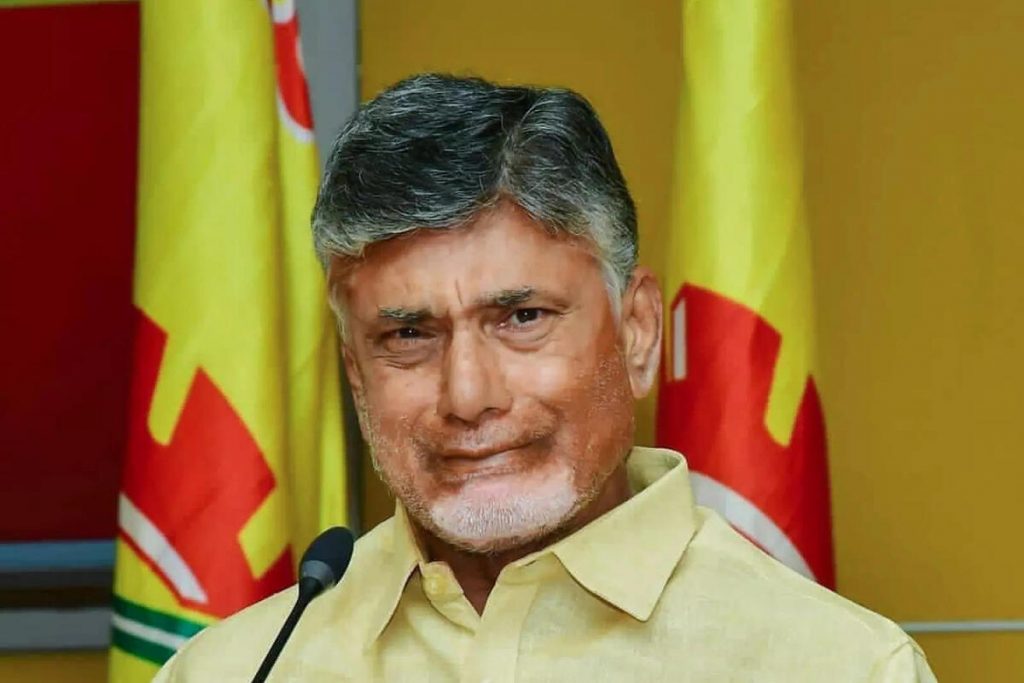
In a recent NDA meeting ahead of the government's swearing-in ceremony, it was decided that Chandrababu Naidu's TDP will be given four portfolios and the parliamentary speaker position, while Nitish Kumar's JD(U) will receive two cabinet positions. The likely TDP candidates for the cabinet are Ram Mohan Naidu, Harish Balayogi, and Daggumalla Prasad, while senior leaders Lalan Singh and Ram Nath Thakur are proposed for the JDU. This decision comes after the parties secured significant Lok Sabha seats in Andhra Pradesh and Bihar respectively.
Modi Cabinet: TDP and JD(U) to Receive Key Ministerial Roles
Background
In the recently concluded Lok Sabha elections, the National Democratic Alliance (NDA) led by Prime Minister Narendra Modi secured a resounding victory. Following the polls, a meeting was held to discuss the allocation of ministerial portfolios within the NDA.
TDP and JD(U) Get Cabinet Positions
During the NDA meeting, it was decided that the Telugu Desam Party (TDP) and the Janata Dal (United) (JD(U)) would receive key ministerial roles in the Modi Cabinet. The TDP, which won 16 Lok Sabha seats in Andhra Pradesh, will be given four portfolios and the position of parliamentary speaker. The JD(U), which secured 16 seats in Bihar, will receive two cabinet positions.
Likely TDP and JD(U) Cabinet Candidates
According to sources, the likely candidates for the TDP cabinet positions are Ram Mohan Naidu, Harish Balayogi, and Daggumalla Prasad. Senior leaders Lalan Singh and Ram Nath Thakur are proposed for the JDU cabinet positions.
Significance of the Decision
The allocation of ministerial roles to the TDP and JD(U) is seen as a reward for their contributions to the NDA's victory. It also reflects the importance of regional parties in the NDA coalition.
FAQs
1. What is the NDA?
The National Democratic Alliance (NDA) is a coalition of political parties led by the Bharatiya Janata Party (BJP). It was formed in 1998 and has been the ruling alliance at the center since 2014.
2. Who is the Prime Minister of India?
Narendra Modi is the Prime Minister of India. He was first elected in 2014 and was re-elected in 2019.
3. What are the key ministries in the Modi Cabinet?
Some of the key ministries in the Modi Cabinet include the Ministry of Home Affairs, the Ministry of External Affairs, the Ministry of Defense, and the Ministry of Finance.
4. Who is the current Parliamentary Speaker?
Sumitra Mahajan has been the Speaker of the Lok Sabha since 2014. She is expected to continue in this role in the new government.
5. What is the role of the Cabinet in India?
The Cabinet is the chief executive organ of the Government of India. It is responsible for formulating and implementing government policies.
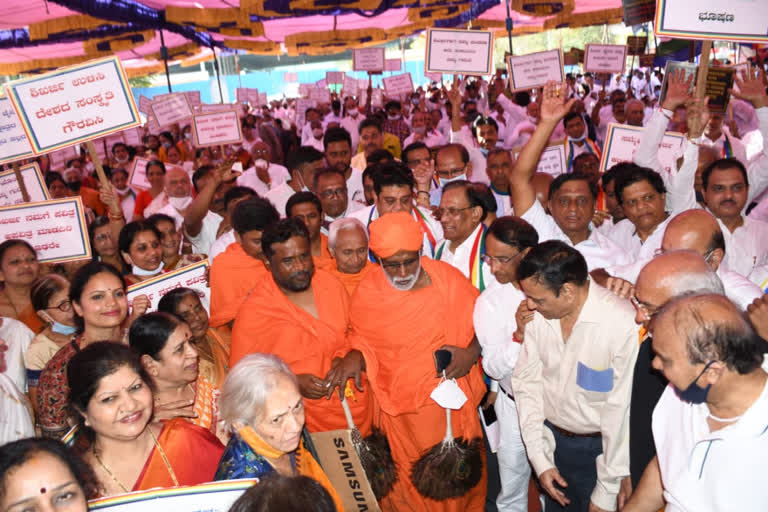
In a show of strong unity and determination, thousands of Jains from Mumbai took to the streets to protest against the proposed demolition of a 90-year-old Jain temple by the BMC. Political figures such as Minister of Skill Mangal Prabhat Lodha and Vile Parle MLA Parag Alavani joined the rally in solidarity with the community. The protest halted after the BMC agreed to remove debris, signaling a potential resolution to the issue.

In his speech during the ongoing Budget session, Prime Minister Narendra Modi commended the efforts of Indian citizens in making the Maha Kumbh a successful event, citing its record-breaking attendance of 66 crore devotees. He also acknowledged the unity in diversity seen at the event, which reflected India's strength. However, the Congress criticized PM Modi for not addressing the stampede deaths that occurred during the Maha Kumbh.
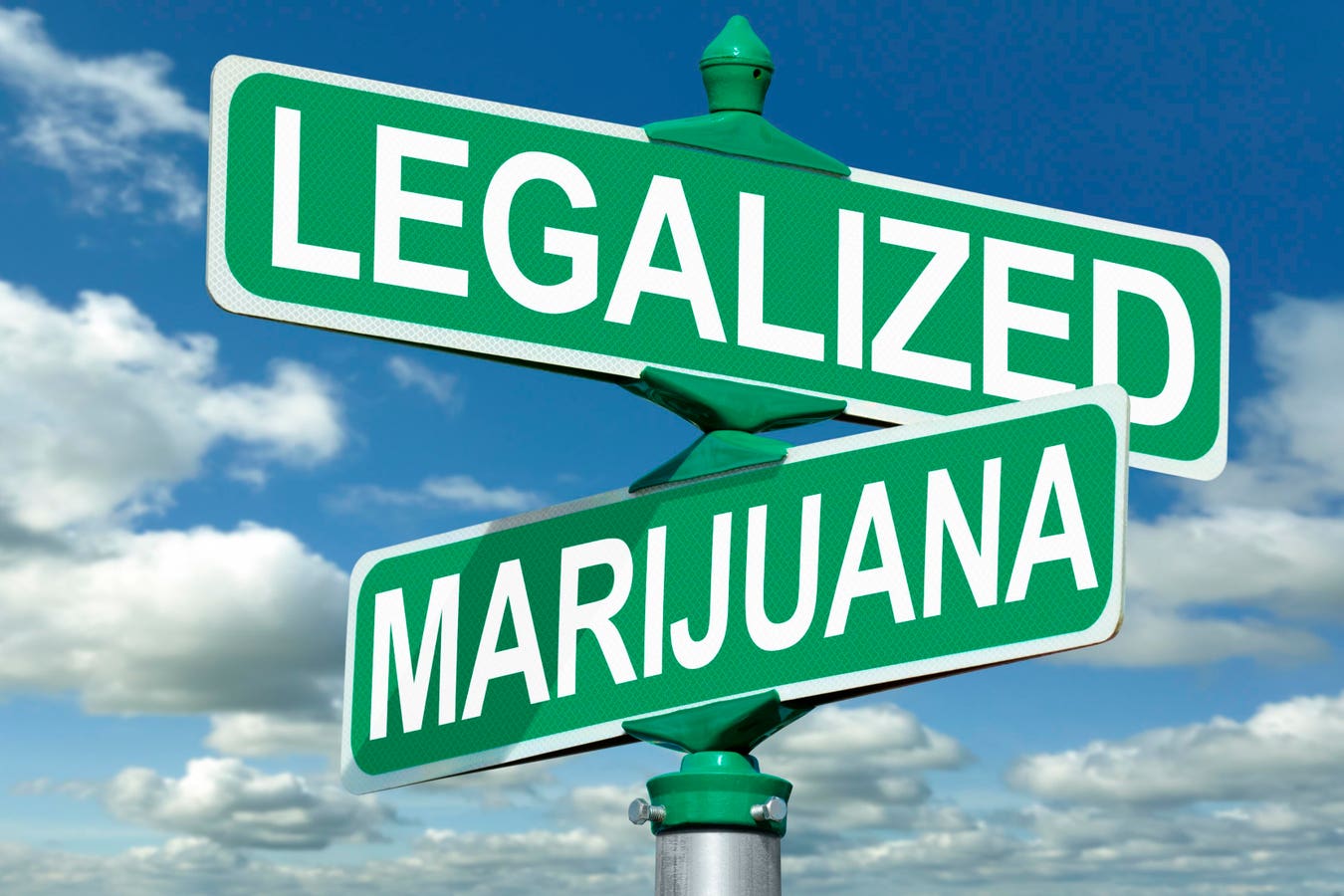
The New Hampshire Senate was unable to pass a bill that would have legalized home cultivation of cannabis for medical purposes, as the vote ended in a deadlock. Despite the growing demand for decriminalization, it seems unlikely that marijuana will be legalized this session, with the governor strongly opposed to changing the current laws. While some senators argued that patients should have access to homegrown cannabis, others raised concerns about potential risks and abuse. The issue is likely to come up again in future sessions as the call for legalization continues to grow.
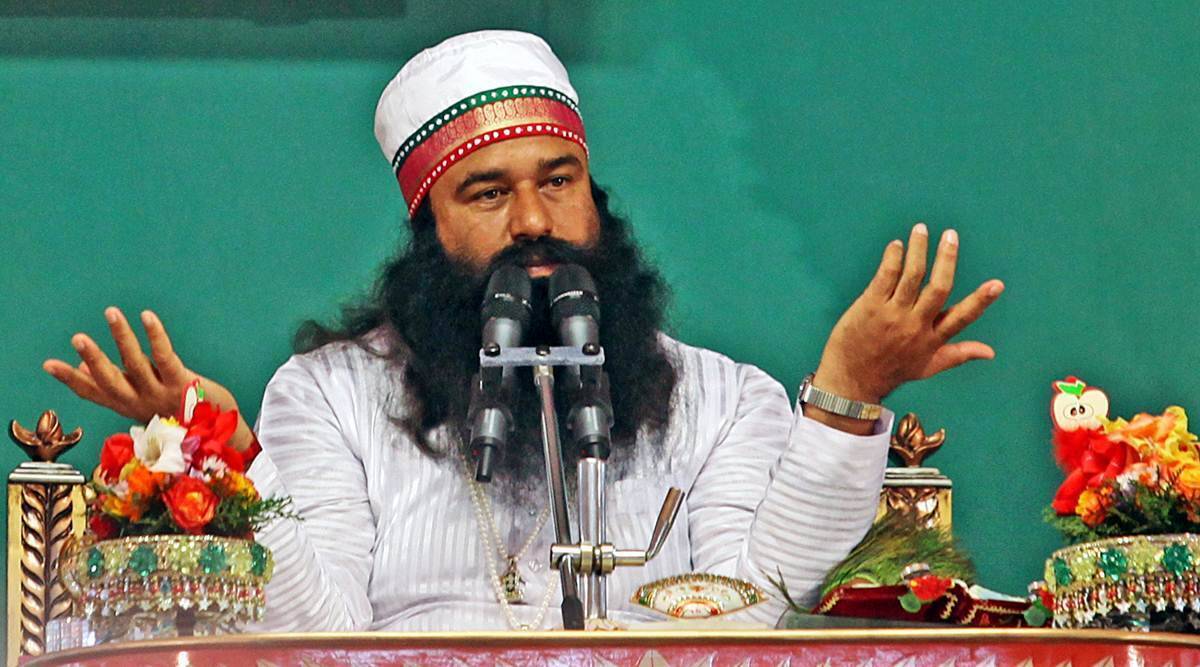
Gurmeet Ram Rahim Singh, who is currently serving a 20-year jail term for rape, has been granted a 21-day furlough by the Haryana government. This decision has sparked outrage from the families of his victims, as Singh has a history of using his furloughs and paroles to influence elections in certain states where his followers hold significant power. Amidst the controversy, cancer survivor Susana Demore urges people to be cautious of everyday products that may contain harmful chemicals, especially for those with cancer.
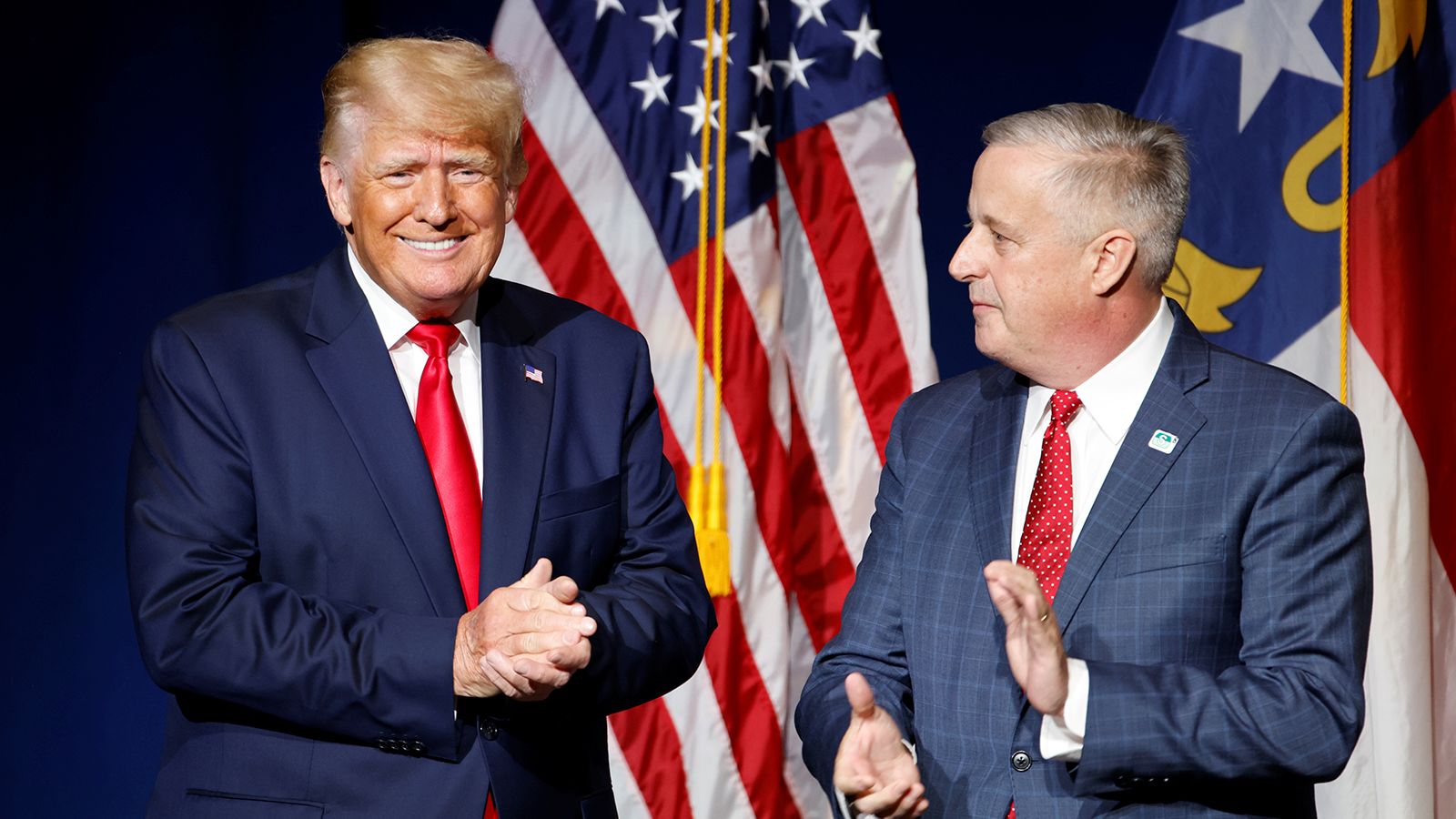
As President Donald Trump addresses a group of faith leaders at a recent prayer service and dinner, he reaffirms his commitment to preserving America's Christian values. In his speech, Trump touts his accomplishments in line with Christian beliefs and vows to never let the country's motto of "In God We Trust" be changed. He also takes a swipe at previous administrations for not standing up for persecuted Christians around the world, promising that things will be different under his leadership.
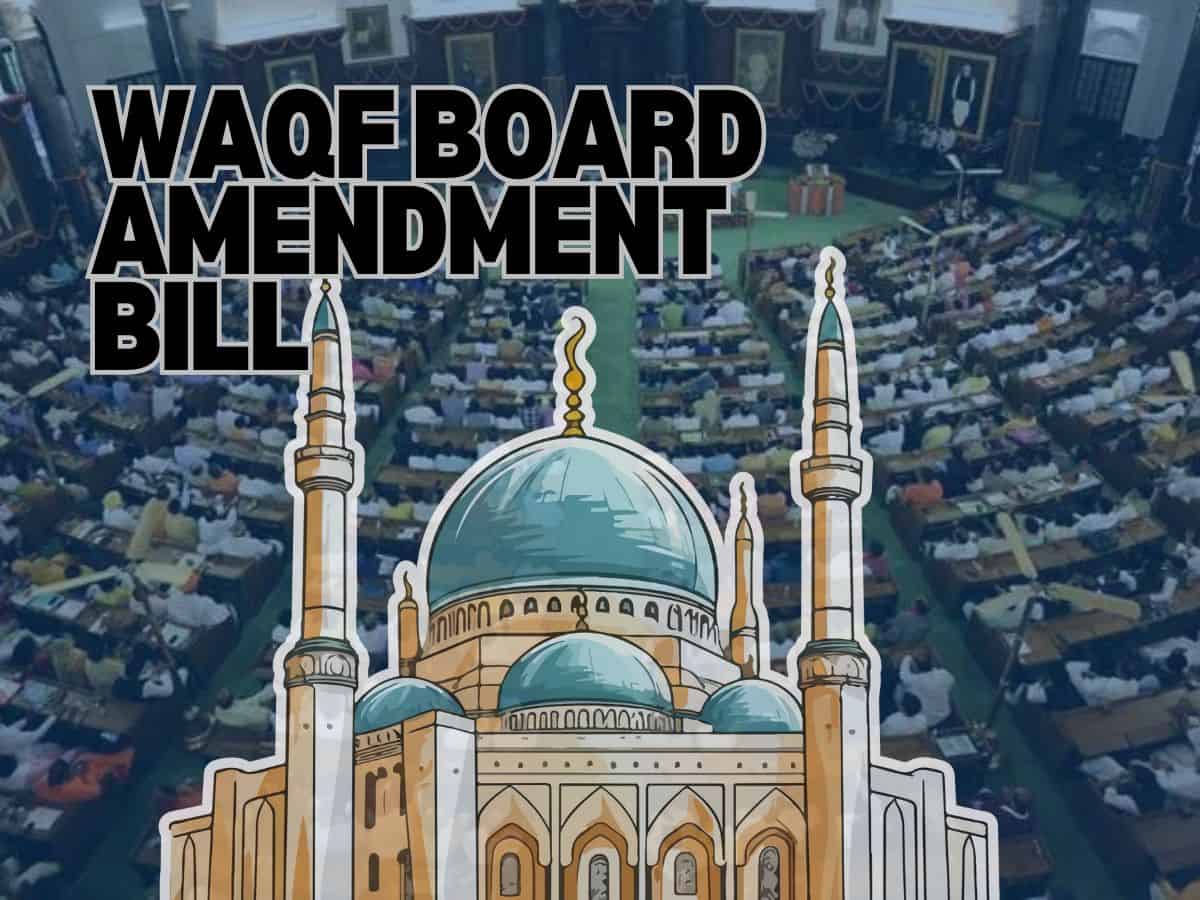
The Indian government has assured the Supreme Court that no appointments will be made to Waqf Boards and the Central Waqf Council until the next hearing on May 5. The court is currently considering the constitutionality of several aspects of the Waqf Act, 2025, including the inclusion of non-Muslims in Waqf Boards and the power of the Collector to change the status of disputed waqf lands. The Centre has requested a week to file an affidavit before the court passes an interim order, and the cases have been deferred to May 5.
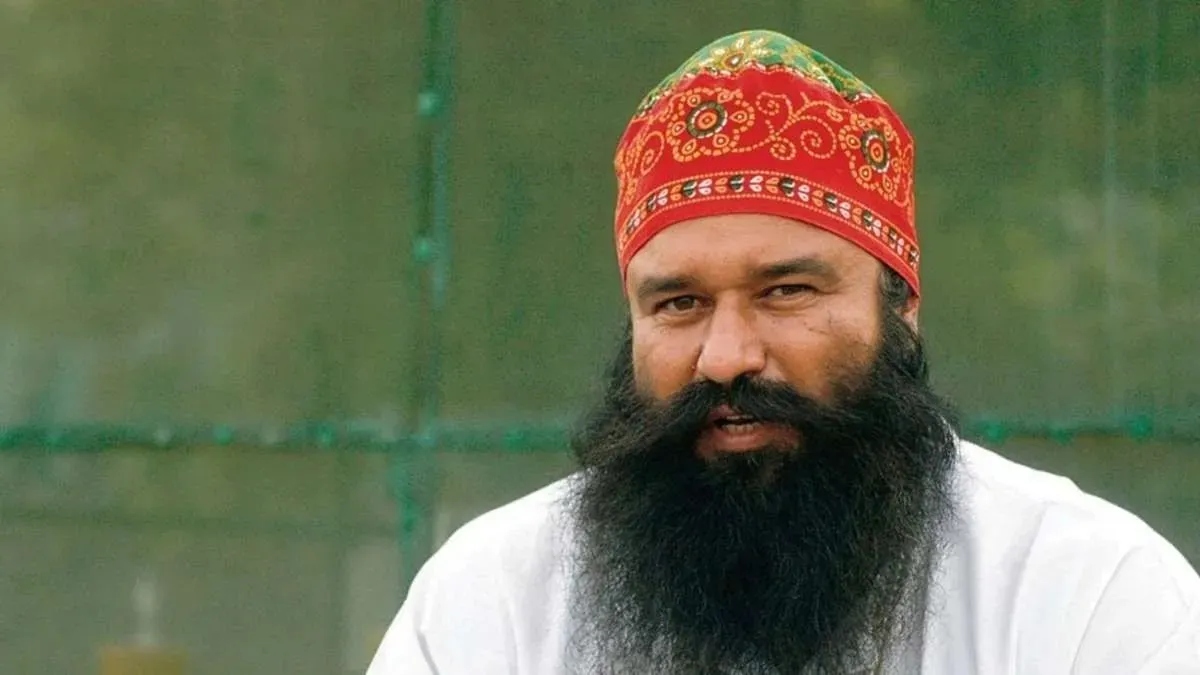
Dera Sacha Sauda chief and rape convict Gurmeet Ram Rahim Singh has been granted a 20-day parole ahead of the upcoming Haryana assembly elections, sparking controversy and backlash from political parties. This marks the 10th time in the past two years that the convicted leader has been granted parole for various reasons, raising questions about the motives behind his frequent releases from prison. The Supreme Court has also issued a notice in connection with a 2002 murder case involving the former Dera manager, adding to the ongoing legal battle surrounding Ram Rahim.
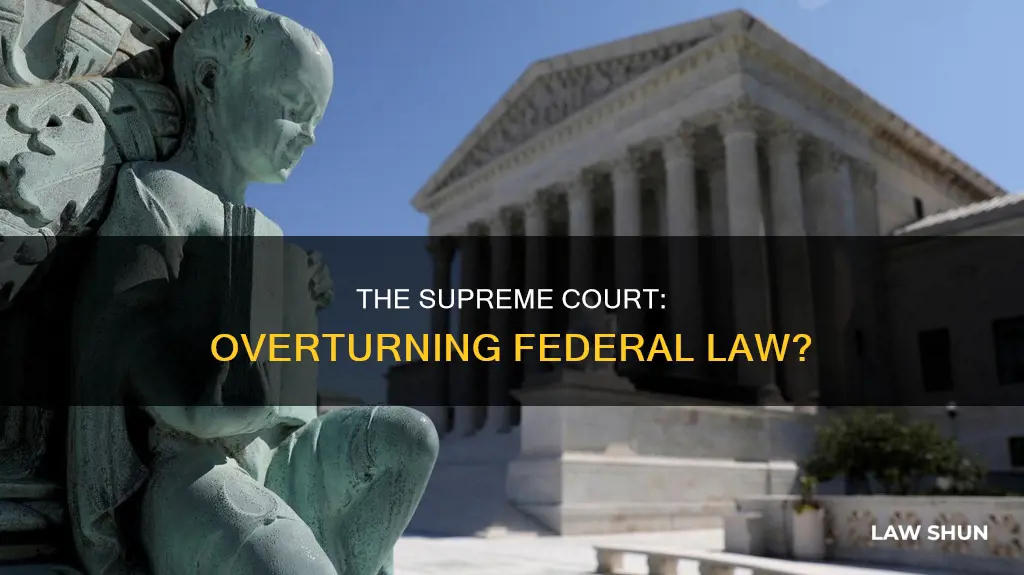
The recently passed Waqf (Amendment) Act, which addresses the management of religious properties, has sparked controversy and has been challenged in the Supreme Court. This raises the question of whether the Supreme Court has the power to overturn a law passed by the Parliament. This article explains the Supreme Court's authority and previous instances of it declaring laws unconstitutional.
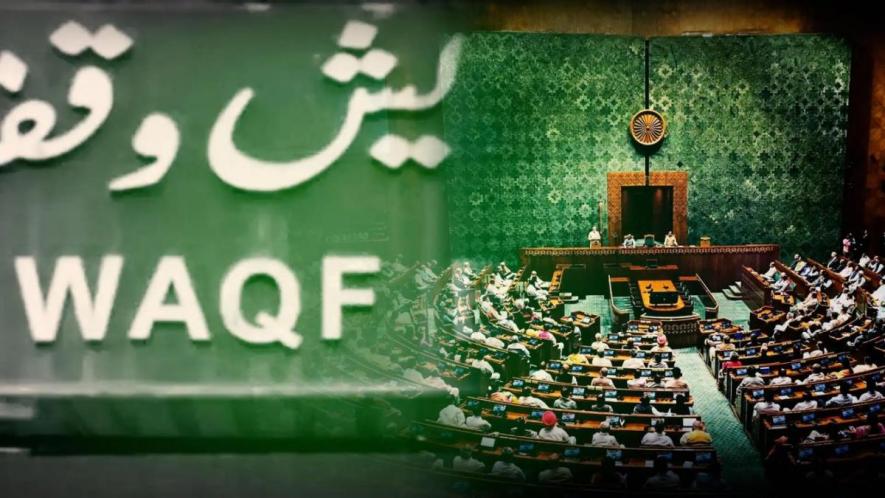
In a hearing regarding the constitutional validity of the Waqf (Amendment) Act, 2025, Chief Justice of India Sanjiv Khanna stated that the Supreme Court has recorded the Centre's assurance that no appointments will be made to Waqf Boards and Councils under the Act until the next hearing. The Court has directed that a nodal counsel be appointed to coordinate amongst all parties involved and that no Waqf property, including those declared by notification, will be altered by the Collector. The Centre has been ordered to provide a response within seven days and the petitioners have been given five days to respond.
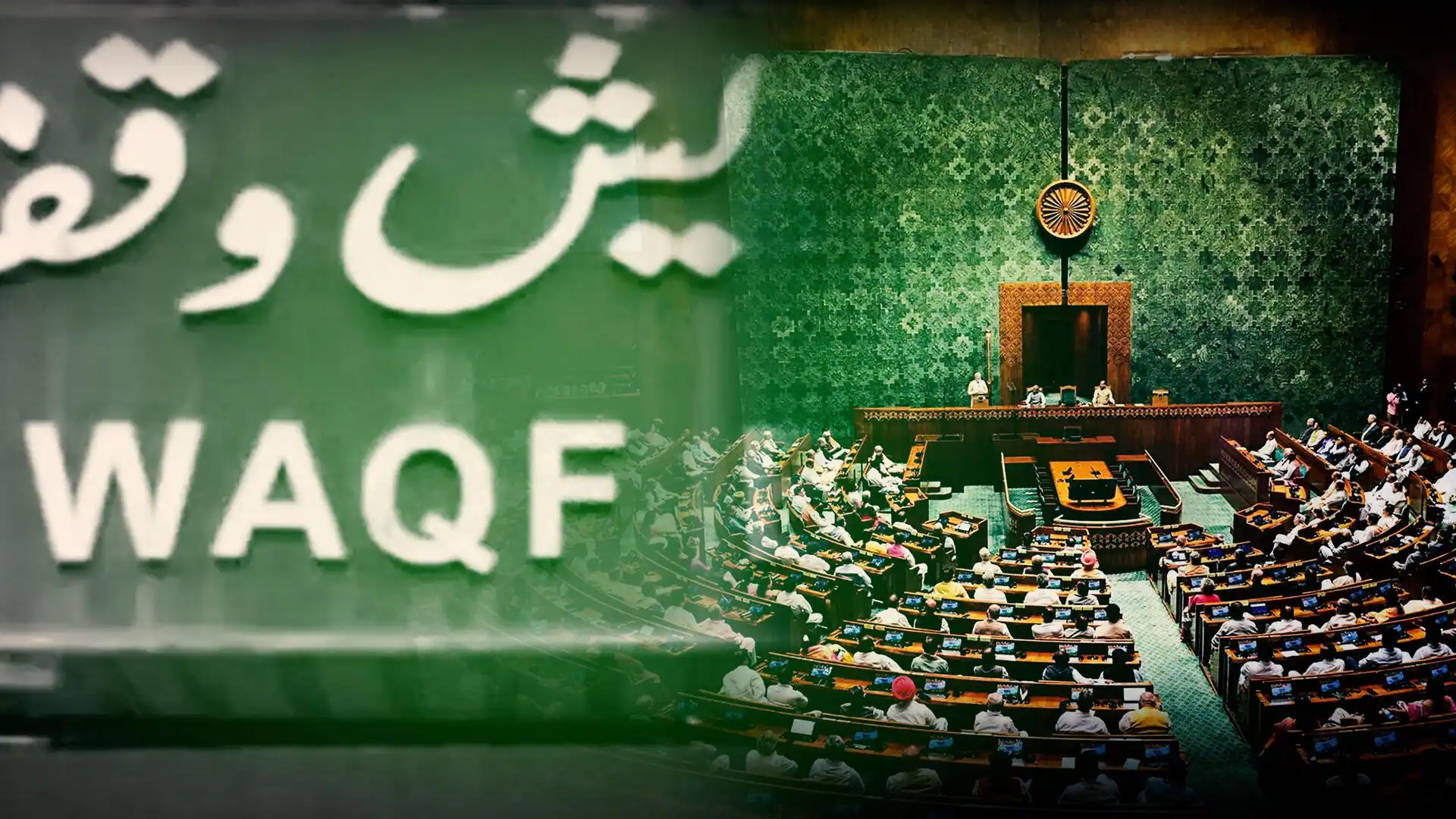
In a recent hearing, the Supreme Court has ordered protection of registered Waqf and announced that the Centre will have to respond within seven days to the petitions challenging the Waqf (Amendment) Act. This comes as the court continues to hear the petitions challenging the act, ensuring that Waqf, already registered or declared, will not be denotified or changed by the Collector until the next hearing. This decision has been met with both scrutiny and support from various political entities.